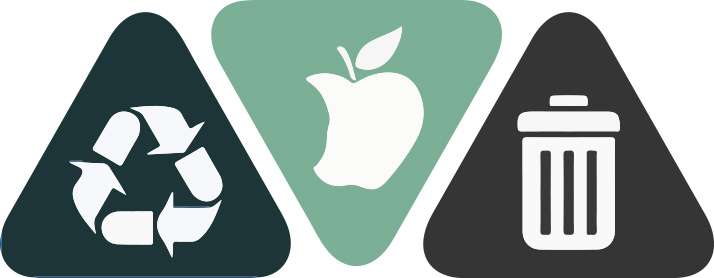Millennials are known for a few things: the selfie, Netflix and chill, and a weird obsession with succulents. But will they be known for being conscious of the environment? Many millennials claim to care about the environment, the economy and social issues — but do they really?
Sustainability is, at its most general, when the economy, the environment and the people have their needs met by a product, and it is much more than just recycling.
“There’s really a widely adopted sustainability definition that we use for the most part as a campus: meeting the needs of our current generation without compromising the needs of our future generation,” said Brittany Drummond, North Central College’s sustainability coordinator.
In a 2015 Business Insider article titled “An emerging retail trend is key to attracting millennials,” Daniel Mahler writes that when 200 millennials were questioned about company’s sustainability practices when buying products, 47 percent found it most important that the product be inherently sustainable. But Drummond says that she does not necessarily see the millennial generation being any more sustainable than previous generations.
“People are more conscious of the food they eat now,” Drummond said. “The ’50s was when they started making the packaged, processed foods and no one knew that it was bad for you. Now, we’re finding out that how we changed food is really bad for ourselves and the planet. I think people are becoming more aware of the food system and that’s great.”
But being aware only of the food we eat or putting the correct pieces of garbage in the right recycling bins is not enough to be considered a sustainable person.
To be truly sustainable, there must be a larger focus on a person’s impact on the economy, environment and people of the world with every purchase, rather than only a personal impact, and like most things, it may take some work in order to benefit the planet and the people of the planet.
“People don’t need to make a big jump,” Drummond said. “It’s just small changes that you make over time. Don’t do it all at once; that would be way too much. It’s just a step at a time.”
So where is one to begin when they desire to lead a more sustainably conscious life? Drummond says it begins with their purchases, day in and day out.
“A way to have a really big impact is to watch what you buy and limit what you buy,” Drummond said. “Think about what you actually need versus what you want and that will help you be more environmentally, socially and economically sustainable.”
It also helps to get involved politically by writing letters to local Congress members and voicing opinions on the topic of environmental, economical and social issues.
North Central College celebrated Earth Week from April 17 to 21 and will be held an open forum on climate change on May 6 in the new Science Center. Featured speakers included Congressman Bill Foster and chief meteorologist at WGN, Tom Skilling.

